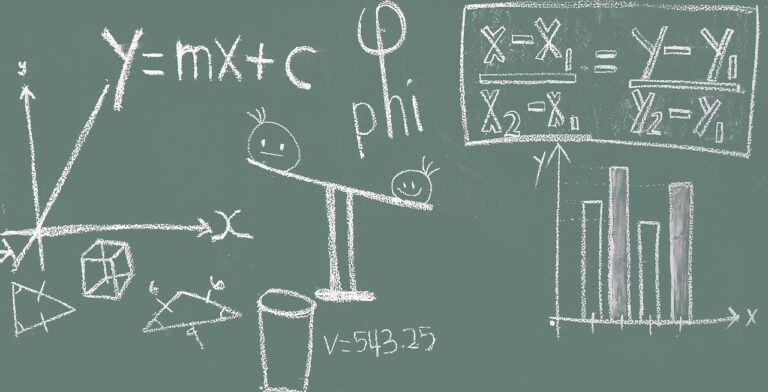The Role of Feedback in Improving Tutoring Effectiveness
skyexch, world777, goldsbet login:The Role of Feedback in Improving Tutoring Effectiveness
Feedback is a crucial component in the process of learning and improvement in any educational setting. When it comes to tutoring, feedback plays a significant role in enhancing the effectiveness of the tutoring experience for both the tutor and the student. In this article, we will discuss the importance of feedback in tutoring and how it can be used to optimize the learning outcomes for students.
The Impact of Feedback on Learning
Feedback provides valuable information to students about their performance, progress, and areas for improvement. It helps them understand what they are doing well and where they need to focus their efforts. For tutors, feedback allows them to assess the effectiveness of their teaching strategies and make adjustments to better support their students’ learning needs.
Types of Feedback in Tutoring
There are different types of feedback that can be provided in tutoring sessions. These include:
1. Positive reinforcement: Acknowledging students’ achievements and efforts to boost their confidence and motivation.
2. Constructive criticism: Pointing out areas for improvement in a constructive and supportive manner.
3. Specific feedback: Providing detailed information on students’ performance to help them understand their strengths and weaknesses.
4. Formative feedback: Offering ongoing feedback throughout the tutoring process to guide students’ learning and development.
The Role of Feedback in Tutoring Effectiveness
Feedback in tutoring is essential for the following reasons:
1. Motivation: Positive feedback can motivate students to continue working hard and strive for improvement.
2. Clarification: Feedback helps students understand concepts better and correct any misconceptions they may have.
3. Engagement: Effective feedback promotes active engagement in learning activities and encourages students to take ownership of their learning.
4. Progress monitoring: Feedback allows tutors to track students’ progress and adjust their teaching strategies accordingly.
5. Building rapport: Providing feedback helps tutors build a supportive and collaborative relationship with their students.
Implementing Effective Feedback Strategies
To maximize the impact of feedback in tutoring, tutors should consider the following strategies:
1. Be specific: Provide detailed and concrete feedback that is relevant to students’ learning goals.
2. Be timely: Offer feedback in a timely manner to ensure that students can use it to improve their performance.
3. Be constructive: Focus on areas for improvement while also acknowledging students’ strengths and efforts.
4. Encourage self-reflection: Encourage students to reflect on their performance and set goals for improvement.
5. Use a variety of feedback methods: Incorporate verbal, written, and visual feedback to cater to students’ diverse learning preferences.
FAQs
Q: How often should tutors provide feedback to students?
A: Tutors should aim to provide feedback regularly throughout the tutoring sessions to support students’ ongoing learning and development.
Q: What should tutors do if students seem resistant to feedback?
A: Tutors can try to understand the reasons behind students’ resistance and approach feedback in a more positive and encouraging manner to promote receptiveness.
Q: Can students provide feedback to their tutors?
A: Yes, students’ feedback on their tutoring experience can be valuable for tutors to improve their teaching strategies and tailor their approach to students’ needs.
In conclusion, feedback is a powerful tool in improving tutoring effectiveness by guiding students’ learning, supporting their development, and enhancing the overall tutoring experience. By implementing effective feedback strategies, tutors can create a positive and impactful learning environment that fosters student success.







